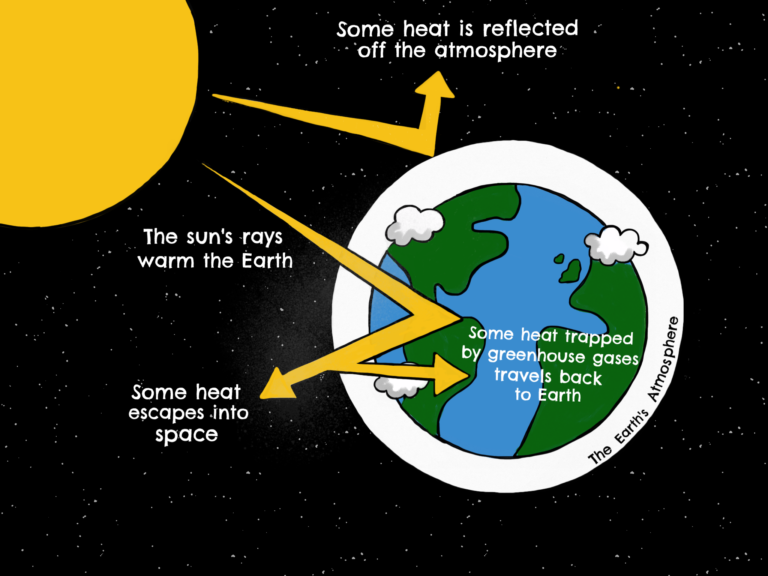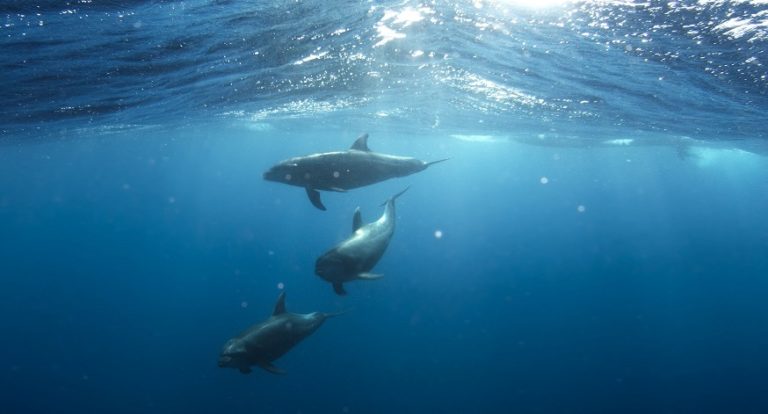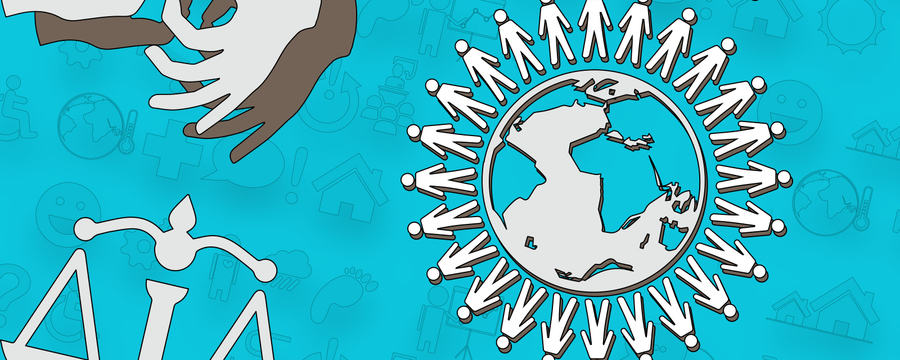
Reach your personal and professional goals
Unlock access to hundreds of expert online courses and degrees from top universities and educators to gain accredited qualifications and professional CV-building certificates.
Join over 18 million learners to launch, switch or build upon your career, all at your own pace, across a wide range of topic areas.


 Climate change is affecting the oceans of our planet in a variety of ways. We see water temperatures rising, and the acidity levels of the water changing. Such changes might seem quite small, but they can have a devastating impact on the millions of plants, fish, corals, and mammals who call the ocean and the shoreline home, or who rely on the ocean to survive. Changes in ocean temperature are also altering the timing of key life history events such as plankton blooms, and the spawning and migratory behaviour of turtles, fish and invertebrates.
Climate change is affecting the oceans of our planet in a variety of ways. We see water temperatures rising, and the acidity levels of the water changing. Such changes might seem quite small, but they can have a devastating impact on the millions of plants, fish, corals, and mammals who call the ocean and the shoreline home, or who rely on the ocean to survive. Changes in ocean temperature are also altering the timing of key life history events such as plankton blooms, and the spawning and migratory behaviour of turtles, fish and invertebrates.








